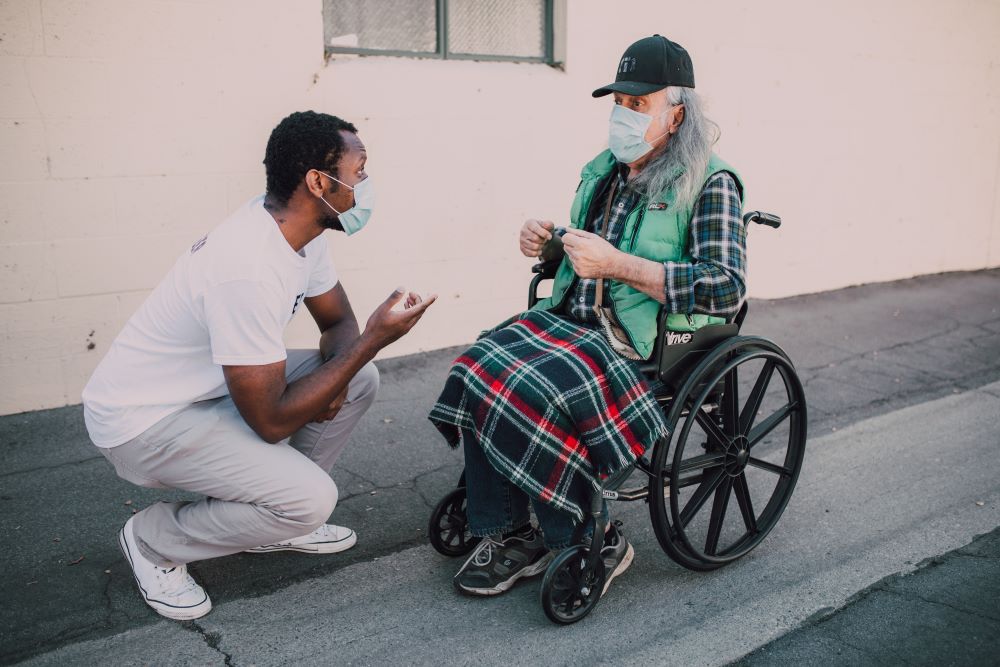Private equity prioritizes profits ahead of people.
Nursing homes house our society’s most vulnerable members. Much of the payment for skilled nursing home resident care comes from the government, in the form of tax payer Medicare and Medicaid dollars.
However, the government does not closely scrutinize how this taxpayer money is spent. Concerns have been raised about the financial practices of private equity firms and their impact on nursing home operations.
This article aims to explore the mechanisms through which private equity siphons money out of nursing homes, ultimately affecting the quality of care and well-being of residents.
The Rise of Private Equity in Nursing Homes
Over the past few decades, private equity firms have increasingly invested in the healthcare sector, including nursing homes. Their involvement in the industry has brought financial resources and operational expertise. However, the profit-driven nature of private equity often clashes with the primary goal of nursing homes: providing quality care for vulnerable individuals.
Statistically, private equity buyouts of skilled nursing facilities has resulted in staff reduction and unexpected facility closures.
The exponential growth in these private equity investments in recent years “has been associated with a host of trends that are negatively impacting the American people” — including an increase in nursing home mortality rates, wrote Pascrell, who chairs the Ways and Means Oversight Subcommittee. He noted the need to “better understand” the consequences of private equity’s involvement in health care and “the far-reaching impact” of “bankruptcies or closures following PE buyouts.” – Rep. Bill Pascrell (D-N.J.) after submitting a second request to the Government Accountability Office in 2021 regarding private equity investments in long term care.
Acquisition and Debt Financing in the Skilled Nursing Industry
Private equity firms acquire nursing homes through leveraged buyouts, relying heavily on debt financing. The high levels of debt burden the nursing homes, diverting funds away from resident care. These firms prioritize short-term financial gains, which can lead to cost-cutting measures that compromise patient well-being, staffing levels, and facility maintenance.
Operational Efficiencies and Cost-Cutting Measures in Nursing Homes
Private equity ownership often introduces operational changes aimed at maximizing profitability. These measures can include reducing staff numbers, limiting staff training, or lowering employee wages and benefits. Such cost-cutting initiatives compromise the quality and continuity of care, leading to understaffing, increased turnover, and decreased resident satisfaction.
Complex Ownership Structures and Asset Stripping Up the Corporate Chain
Private equity firms often employ intricate ownership structures, which can make it difficult to trace the flow of funds within nursing homes. They may transfer property assets, such as real estate, into separate entities, effectively leasing them back to the nursing homes at inflated rates.
Excessive rent payments bleed money out of the nursing home to real estate entities that are owned by the same individuals that own the nursing home. This asset stripping diverts funds away from resident care and into the pockets of private equity investors.
Exorbitant Management Fees and Service Contracts
Private equity firms charge substantial management fees and service contracts to nursing homes they control. These fees can be significantly higher than what non-private equity-owned facilities pay for comparable services. The burden of these fees is ultimately borne by the nursing homes themselves, affecting their financial stability and limiting their ability to allocate resources to resident care.
Again, just like in the above real estate example, excessive management fees paid to entities with common ownership siphon money intended for residents into some related management company entity. This means the money goes into owners’ pockets, as opposed to hiring nurses to care for vulnerable nursing home residents.

Impact on Nursing Home Quality of Care and Regulatory Compliance
The financial pressures exerted by private equity ownership often result in compromised quality of care throughout nursing homes in the chain. Understaffing, inadequate training, and budget constraints can lead to neglect, medication errors, and deficiencies in regulatory compliance. These issues can have severe consequences for resident health and safety, tarnishing the reputation of nursing homes and impacting the overall industry.
In some cases, once the nursing home has been sucked dry of resources, the facility will file for bankruptcy. The license to operate the facility is then flipped to another group, the real estate is sold, and the ownership group takes its profits and moves on to another facility. Unfortunately, the residents are left in jeopardy, and the care usually suffers.
Conclusion
While private equity investment in nursing homes may bring initial financial resources, the profit-driven nature of these firms often undermines the core mission of providing quality care to vulnerable residents. Through debt financing, cost-cutting measures, complex ownership structures, and exorbitant fees, private equity siphons money out of nursing homes, diverting funds away from essential services. Addressing these challenges requires increased transparency, robust regulatory oversight, and a renewed focus on the well-being of nursing home residents. It is crucial to strike a balance between financial sustainability and maintaining the highest standards of care for those who rely on these facilities in their golden years.
Our nursing home abuse attorneys hold corporate nursing homes accountable when they harm residents. Our qui tam attorneys also pursue nursing home whistleblower cases involving corporate fraud.


Join the conversation!